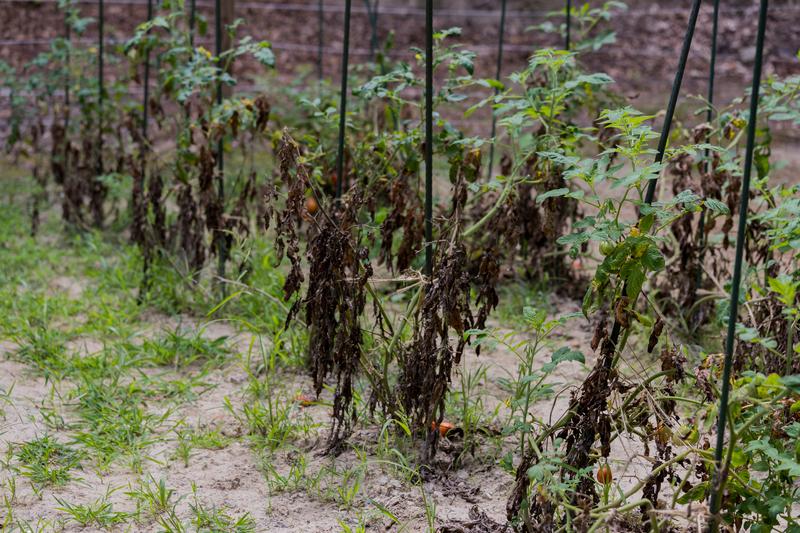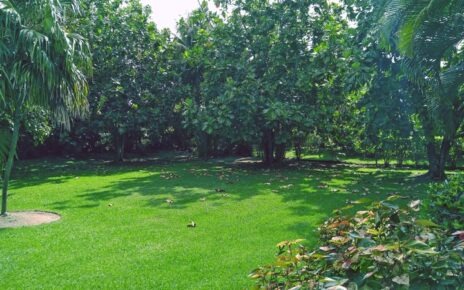Gardening is a great hobby for many reasons. It gets you outside where you can enjoy the sunlight and fresh air. It can be a surprisingly good form of physical activity. That’s all to say nothing of the benefits that can come from growing your own produce and flowers. Unfortunately, you might find your garden struggling to thrive from time to time for any number of reasons.
Poor Climate
Not all plants are suited to all climates. That may seem obvious, but any time you plant something that isn’t native to your area, you are planting it in a place where it technically hasn’t evolved to grow. Depending on how severe the difference is, the plant may struggle to grow, and could end up dying very quickly. Non-native plants are also more susceptible to common plant diseases. Each type of plant needs a certain amount of water to survive. When planted in a climate that offers too much or too little water, the plant will become stressed and therefore more vulnerable to disease.
Source: https://lady.co.uk/most-common-plant-diseases
Pests
Your garden isn’t just a source of food for you. Garden pests like to eat from it as well. Unfortunately, they aren’t discriminating enough with their nibbles to avoid killing your garden if they are allowed to run rampant. If you notice signs of pests within your garden, you’ll need to take steps to manage them. Bifenthrin can be highly effective at pest control but also toxic to honey bees. This can cause problems for your garden since bees are such great pollinators. You may find more natural solutions to be a better option. Consider designing your garden in a way that invites the pests’ natural predators to visit and take care of the problem for you.
Source: https://www.podium.com/article/bifenthrin/
Invasive Plants
Climate and pests aren’t the only threat to your garden. Invasive species of plants are a very real threat and can kill your garden if left unchecked. Invasive plants steal water and nutrients from the soil and prevent the plants in your garden from accessing it. They can grow to the point where they block the sun from some of your garden plants as well. In some cases, they may even strangle them. Watch out for them in your garden. Once established, they can be very difficult to eliminate. Herbicides can be an effective option for getting rid of invasive plants.
Identifying the reason your garden is dying is crucial to addressing the problem so it can thrive. Poor climate, pests, and invasive plants are just some of the threats your garden may face. Keep a close eye on your garden, and monitor it for signs that it is struggling to thrive. If you catch the problem quickly enough, you may be able to reverse the damage and save your garden.
Read this next: Designing A Beautiful Garden For Pollinators





